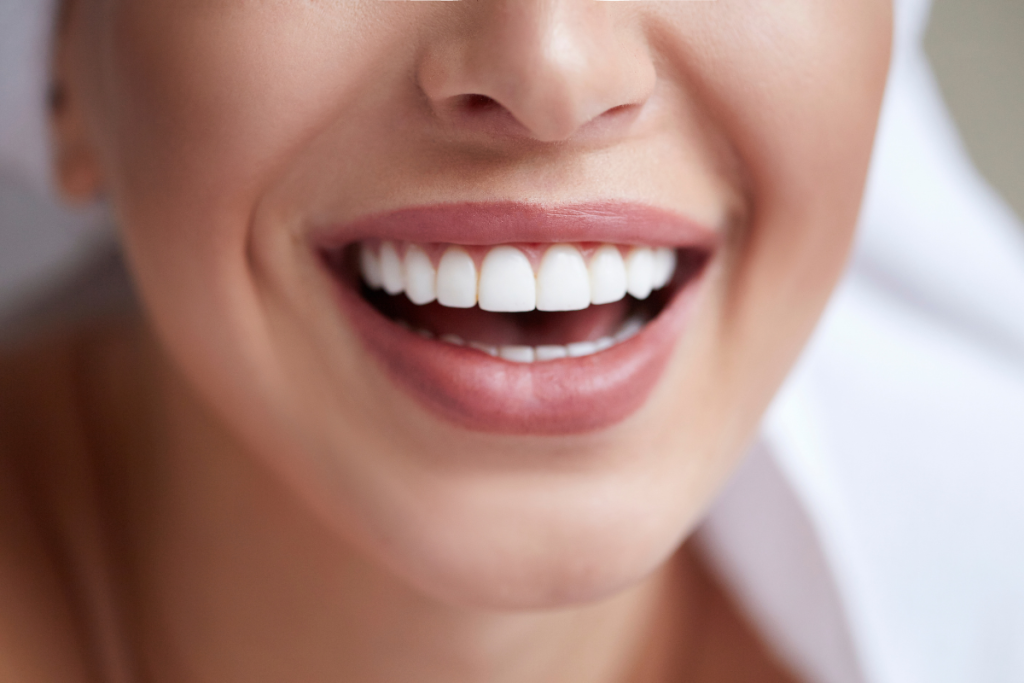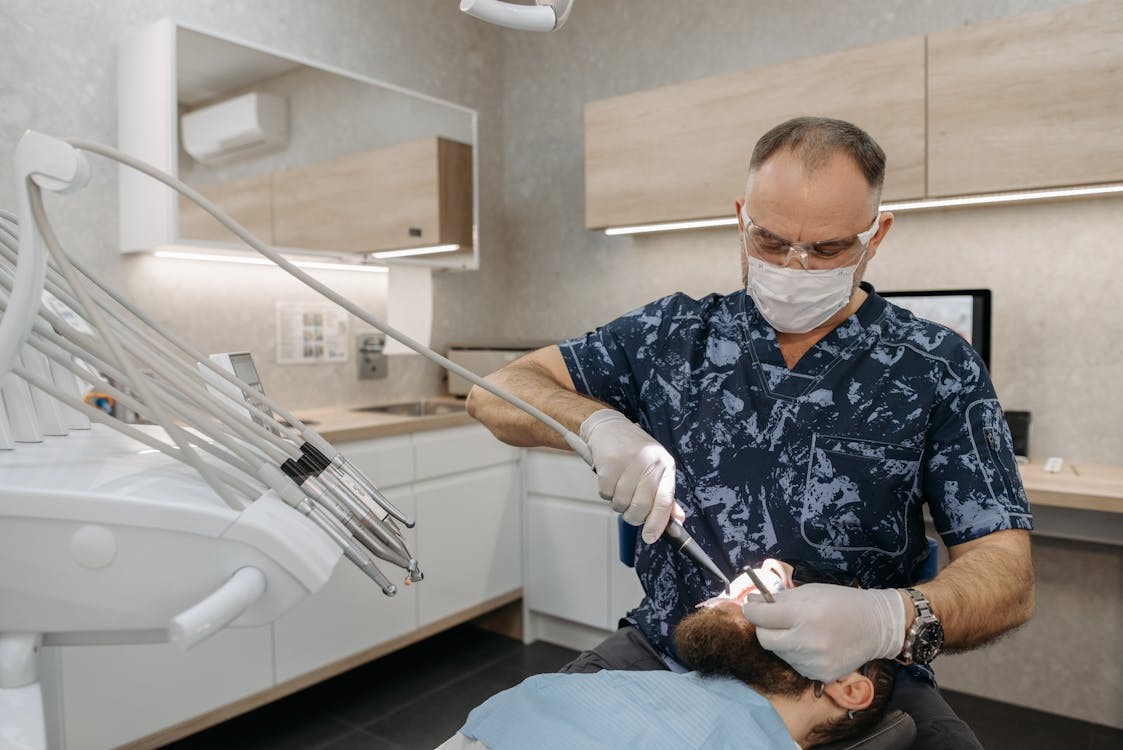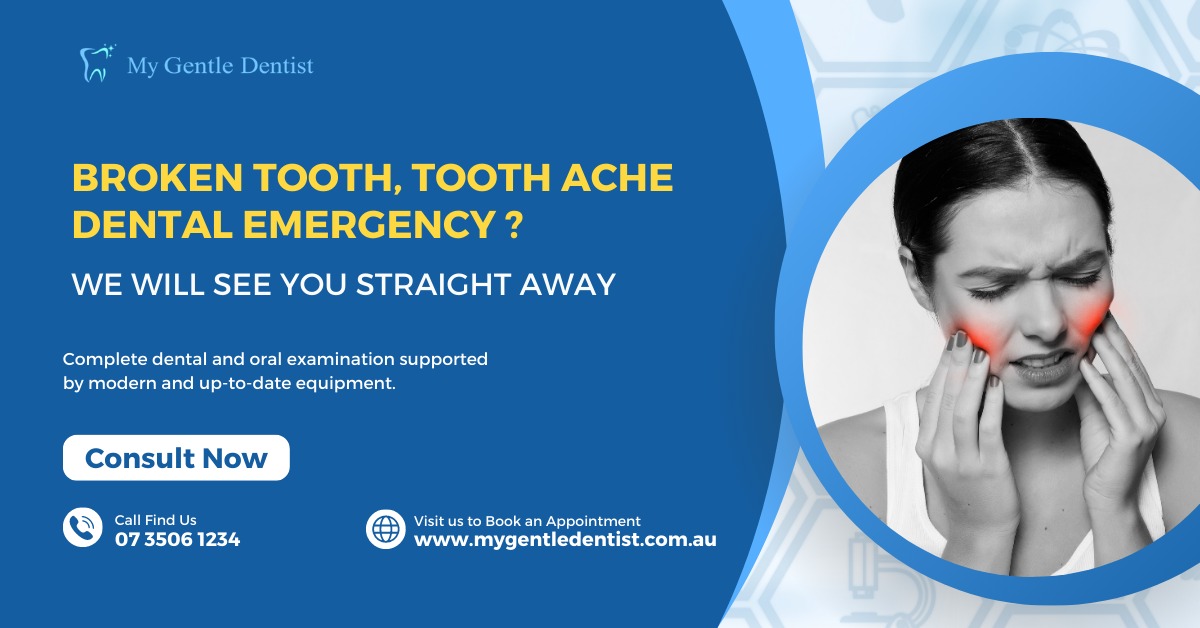A bright smile is considered the most attractive feature a person can have. Over time, teeth can lose their natural whiteness due to ageing, diet, lifestyle, or even genetics. Thankfully, modern dentistry offers several tooth whitening options designed to restore your smile’s radiance. But with so many treatments available, how do you know which one is right for you?
The article provides a comprehensive overview of various tooth whitening options from professional in-clinic treatments to at-home kits, over-the-counter products, and natural remedies, helping readers choose the most suitable method based on their needs, budget, and dental considerations.
Why Teeth Become Discoloured
Before diving into the whitening solutions, it’s important to understand what causes discolouration. Common culprits include:
? Food and drinks such as coffee, tea, red wine, and soft drinks.
? Tobacco use leaves stubborn yellow or brown stains.
? Poor oral hygiene leads to plaque and tartar build-up.
? Ageing, as enamel thins and dentin naturally darkens.
? Certain medications and medical treatments can affect tooth colour.
Identifying the reason for your discolouration helps your dentist recommend the most effective whitening method.
Professional In-Clinic Whitening Treatments
If you’re looking for fast, noticeable results, professional whitening at the dentist is considered the gold standard. For patients seeking Zoom tooth whitening in Melbourne, modern clinics use advanced technology to deliver safe, effective, and lasting results. Treatments involve the application of a concentrated bleaching gel, activated by a specialised light.
Benefits of in-clinic whitening include:
? Results that are visible after one appointment.
? Professional supervision for maximum safety.
? Customised treatment plans for your specific shade and sensitivity levels.
At-Home Whitening Kits from Your Dentist
For those who prefer the convenience of whitening their teeth at home, many dentists offer customised take-home kits. These include professional-strength whitening gel and tailor-made trays that fit snugly over your teeth.
Advantages include:
? More gradual whitening, giving you control over results.
? Professional-grade ingredients, stronger than store-bought kits.
? Custom trays designed to reduce gum irritation.
At-home kits take a few weeks to deliver optimal results, but they offer a more flexible and cost-effective option compared to in-office treatments.
Over-the-Counter Whitening Products
Pharmacies and supermarkets stock a wide range of whitening toothpastes, strips, gels, and rinses. While these products are more affordable, they also deliver less dramatic results compared to professional treatments.
Popular options include:
? Whitening toothpastes – Ideal for surface stains but not for deep discolouration.
? Whitening strips – Adhesive strips coated with mild peroxide that brighten teeth.
? Whitening gels and pens – Applied directly to the teeth for short-term improvement.
These products may suit people with mild staining who want a budget-friendly solution, but they require consistent, long-term use.
Natural Whitening Methods
Some individuals prefer natural approaches to avoid chemicals. Common methods include:
? Oil pulling with coconut oil to reduce plaque build-up.
? Baking soda-based toothpaste for mild stain removal.
? Hydrogen peroxide rinses in low concentrations.
While these remedies may help with surface stains, they won’t produce the same dramatic results as professional whitening. It’s also crucial to be cautious, as excessive use of abrasive substances can damage enamel.
Factors to Consider Before Choosing a Whitening Method
Not all whitening treatments are suitable for everyone. Here are key factors to keep in mind:
? Tooth sensitivity – Some treatments can increase sensitivity, so a dentist’s guidance is vital.
? Existing dental work – Crowns, veneers, and fillings won’t respond to whitening agents.
? Budget – Professional treatments cost more but deliver faster, longer-lasting results.
? Desired outcome – Decide whether you want a subtle brightening or a dramatic transformation.
How Long Do Results Last?
The longevity of tooth whitening depends on your lifestyle habits and the type of treatment chosen. On average:
? In-office treatments can last 1–3 years with proper care.
? At-home kits may last up to a year.
? Over-the-counter products need regular use to maintain brightness.
Maintaining results involves good oral hygiene, regular dental check-ups, and avoiding staining foods and drinks.
Final Thoughts
Tooth whitening is not a one-size-fits-all solution. From professional in-clinic treatments to convenient at-home kits and natural remedies, there’s an option for every need and budget. The best choice depends on your level of staining, desired results, and personal preferences.
For the brightest and safest outcome, consult a dentist who can recommend the most effective whitening method tailored to your smile.

 Daniel
Daniel








